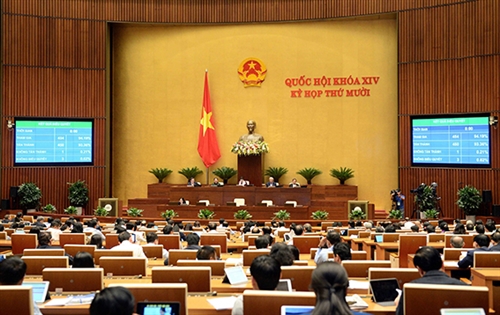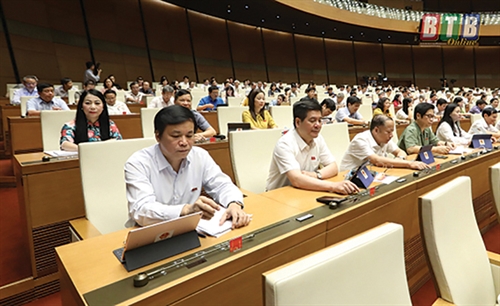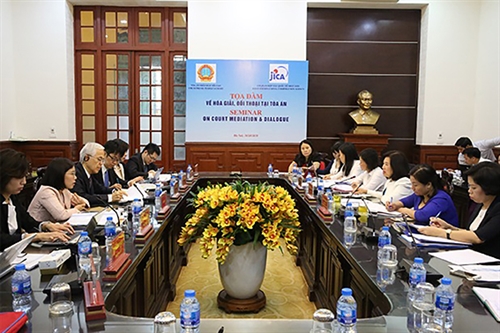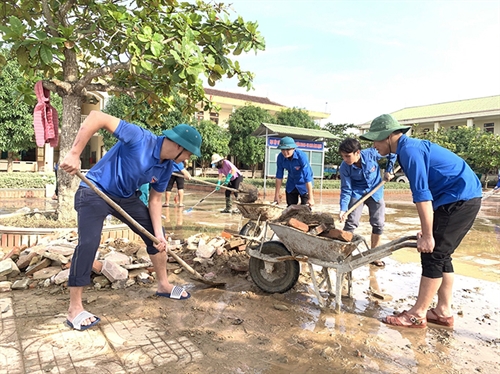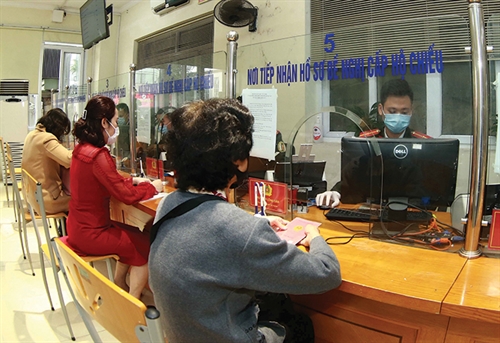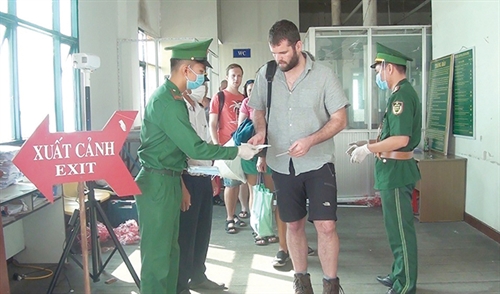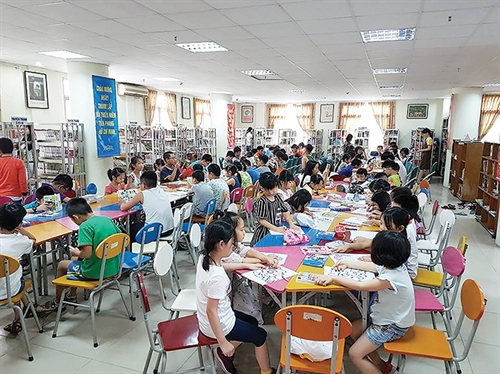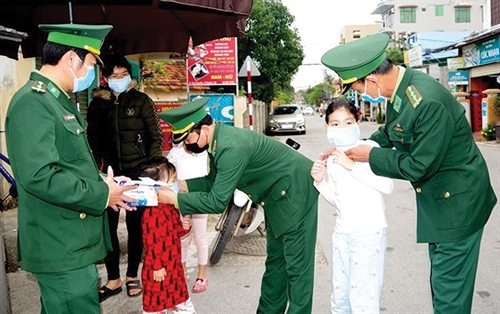The Law Revising a Number of Articles of the Law on Prevention and Control of Human Immunodeficiency Virus and Acquired Immunodeficiency Syndrome (HIV/AIDS) (the Revised Law) was passed last November and will take effect on July 1 this year.
Making amendments to the 2006 Law on HIV/AIDS Prevention and Control, the Revised Law aims to create a favorable legal framework for HIV/AIDS prevention and control activities, thus helping reduce the number of new HIV infections to under 1,000 and the number of AIDS-related deaths to below one per 100,000 people, and end the AIDS epidemic by 2030 as stated in the 12th Party Central Committee’s Resolution 20-NQ/TW dated October 25, 2017, on strengthening the protection, care and improvement of the people’s health in the new situation.
The Revised Law is also expected to help the country implement commitments with the international community on achievement of the Joint United Nations Program on HIV and AIDS (UNAIDS) 90-90-90 treatment target by 2020, aiming to basically end the AIDS epidemic by 2030.
Persons entitled to access information on HIV-infected people
The Revised Law was formulated on the principles of increasing access to information about HIV-infected people and guaranteeing the right of all subjects to access HIV/AIDS prevention and control services.
It adds categories of persons who are entitled to access information on HIV-infected people so as to ensure the latter’s interests in treatment and payment of medical expenses as well as prevent the risk of HIV infection to those directly engaged in care and treatment for HIV-infected people. These persons include (i) heads of agencies or units and persons assigned to perform HIV/AIDS epidemiological surveillance; (ii) heads and staff members of social security agencies who are assigned to carry out the assessment, payment of expenses for, and management of information on, health insurance-covered medical examination and treatment for HIV-infected people; (iii) heads and staff members of medical establishments who are assigned to carry out the payment of expenses for, and management of information on, medical examination and treatment for HIV-infected people; and (iv) persons permitted by HIV-infected people to access the latter’s information.
The Revised Law also specifies the scope and contents of to-be-accessed information on HIV-infected people in order to keep such information confidential.
Participation of HIV-infected people and people with high-risk behaviors in HIV/AIDS prevention and control
Depending on their capacity and conditions, HIV-infected people and people with high-risk behaviors may participate in HIV/AIDS prevention and control activities. Under the Revised Law, these people may:
- Propagandize, and participate in implementation of, harm reduction intervention measures in HIV/AIDS transmission prevention under regulations of the Government;
- Provide counseling and HIV screening testing services and supplying biologicals to people with high-risk behaviors for HIV self-testing if the conditions specified by the Government are satisfied;
- Provide counseling and support to people with high-risk behaviors to receive pre-exposure prophylaxis and post-exposure prophylaxis treatment;
- Provide support and care to HIV-infected people;
- Give their opinions in the course of making policies and laws on HIV/AIDS prevention and control; and carry out other HIV/AIDS prevention and control activities in accordance with law.
The State shall also encourage, assist and support HIV-infected people and people with high-risk behaviors to participate in HIV/AIDS prevention and control in peer education groups and activities in other forms.
Besides, the Revised Law adds groups of people with high-risk behaviors who are prioritized in accessing information, education and communication about HIV/AIDS prevention and control, including men who have sex with men, transgender people, people having sex with HIV-infected people or people with high-risk behaviors, inmates, detainees, and people consigned to compulsory education institutions or reformatories.-
